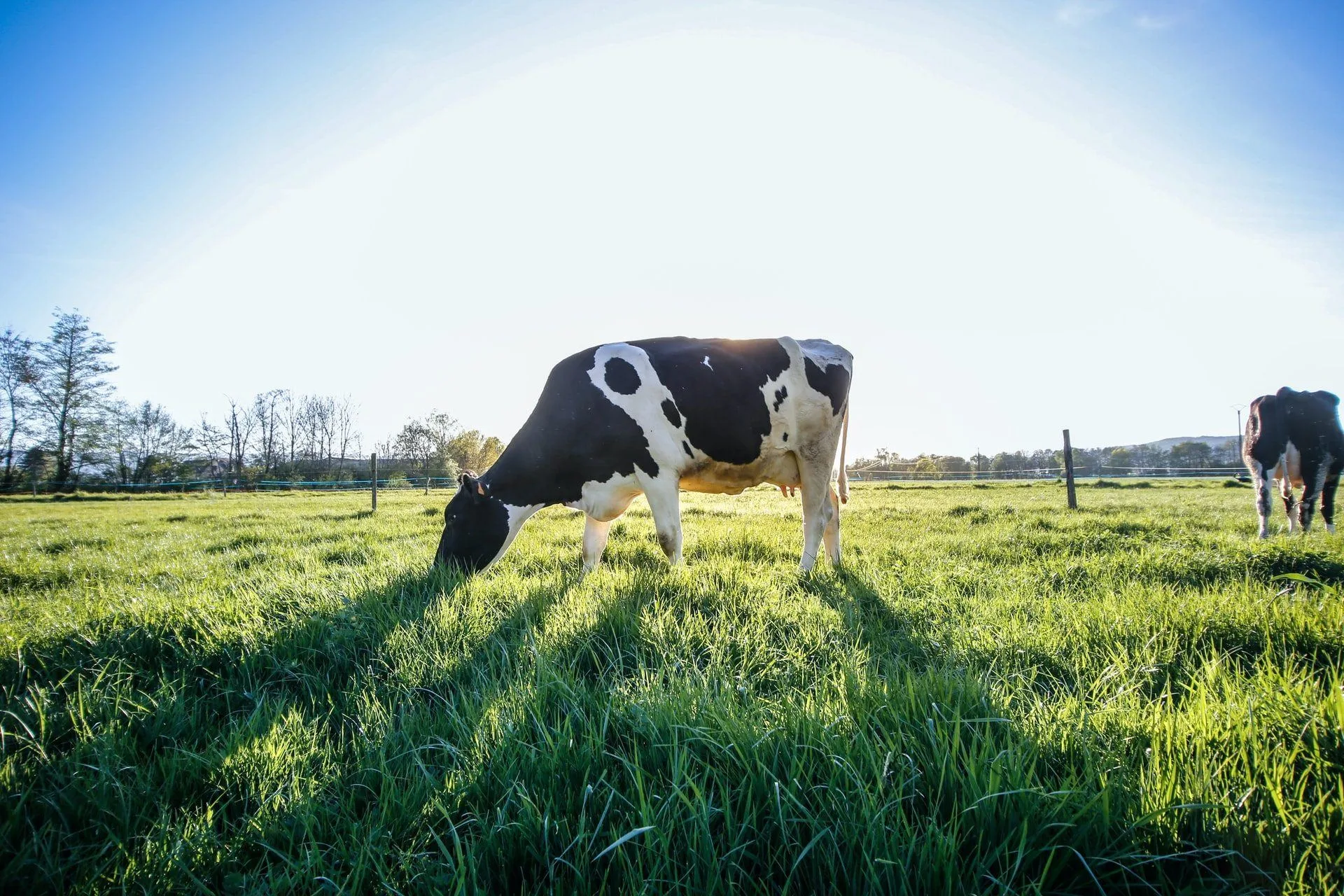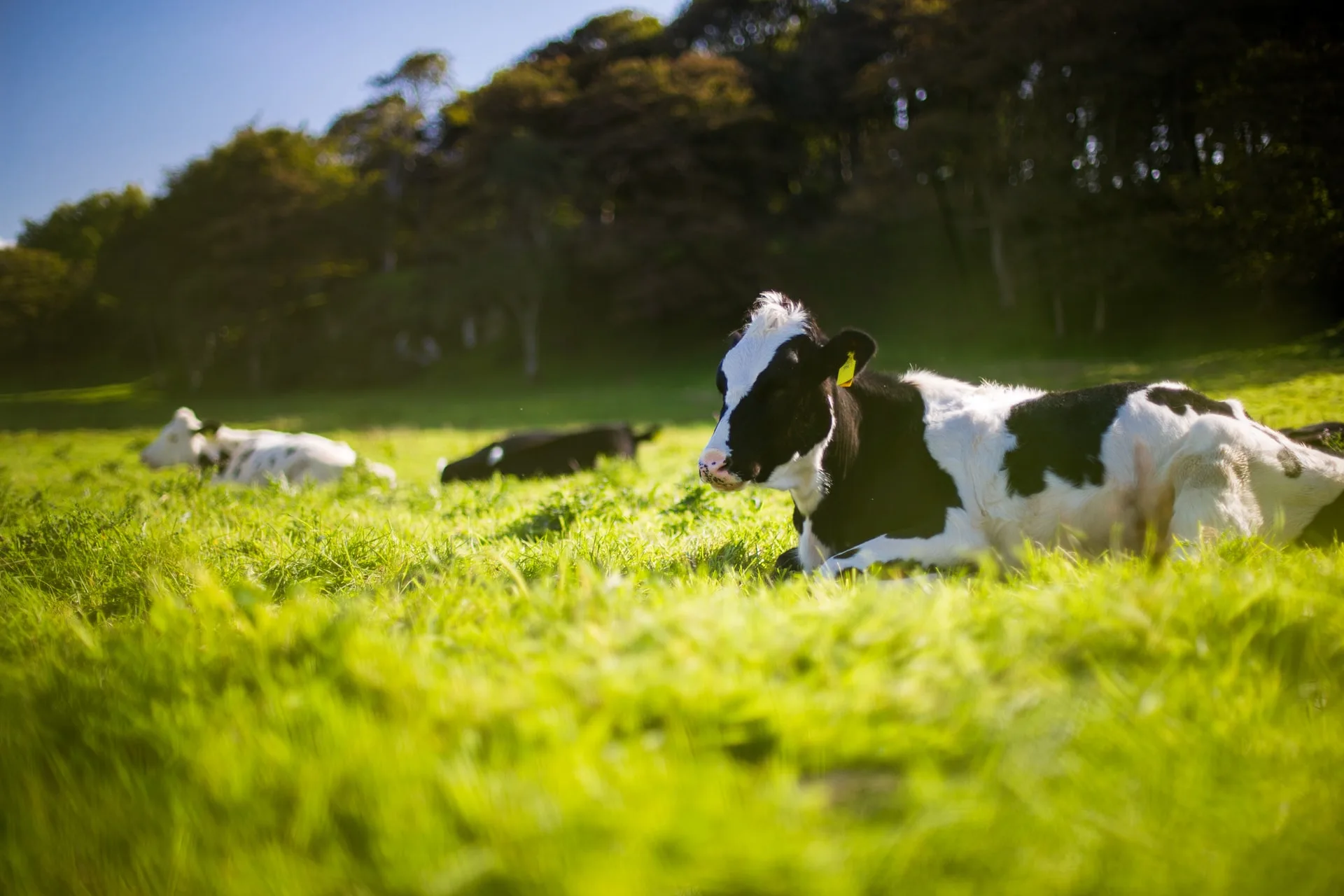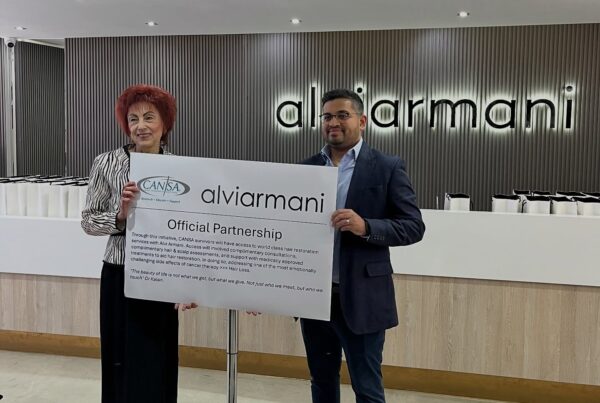The world’s second-largest brewery, SAB plans to harness manure from cows to power its manufacturing operations in South Africa. The country has been dogged by loadshedding, ongoing blackouts and energy upheaval over the past few years. Not only is this an innovative step toward renewable energy solutions, it will also contribute to sustainability.
SAB Believes In The Power Of Manure
Global brewery giant SAB (South African Breweries) recently issued a statement revealing that they had signed a power-purchase agreement with black-women-owned Bio2Watt. SAB revealed that it will soon be using the manure of over 7 000 cows to power its operations.
SAB is home to over 5 697 employees with a large proportion of black permanent staff. Their beer value chain – with a total of 3739 suppliers – supports over 140 000 jobs. SAB currently sources its high-quality ingredients from more than 1277 farmers – all 100% local.
Renewable energy is set to be produced from Bio2Watt’s Cape Dairy Biogas Plant. The plant is located on one of South Africa’s biggest dairy farms – Vyvlei Dairy Farm. The farm can be found in the Western Cape Town of Malmesbury.
How will it work?

Photo by Flash Dantz on Unsplash
Biogas from breaking down organic matter from manure
The manure will be combined with other wastes from the surrounding areas to produce biogas. Biogas is made by breaking down organic matter like biomass, manure, sewage, municipal waste, plant material, and crops.
The biogas will then be converted to heat and electricity. Bio2Watt’s Bronkhorstspruit Biogas Plant has a capacity of 4.6MW, and it has been supplying BMW’s Rosslyn production plant with electricity for more than five years.
“Under this power-purchase agreement and installed renewable electricity, SAB will achieve 23% contracted renewable electricity,” – Conor Ruff, vice president of procurement and sustainability in Africa.
How does manure help the planet?
According to the United Nations Environment Programme(UNEP) and the Institute for Global Environmental Strategies (IGES), composting, which is one of the main ways manure is used, is one of the best ways to manage organic waste and reduce environmental impacts.
One of the reasons behind this is thanks to manure’s beneficial effects on soil. Not only does healthy soil produce more food, but it’s also more resilient to the effects of climate change, which is all one can hope for, especially because of climate change’s impact on food security.
Additionally, manure is also a great source of clean, renewable energy, which is great for the planet.
The “S” in SAB is for Sustainability
This isn’t SAB’s first foray into sustainable business practices, as all of SAB’s other breweries use solar power.

Photo by American Public Power Association on Unsplash
The solar power system at SAB’s Chamdor Brewery in Krugersdorp was the first project to come online and since then, all of its breweries across South Africa have been equipped with solar panels, generating more than 9.7GWh of renewable electricity in the first eight months of 2021.
A sustainable future
SAB’s parent company, Anheuser-Busch InBev, has set 2025 sustainability targets – to have 100% of its electricity sourced from renewables and reduce carbon emissions by 25% across its value chain.
The new project is sure to help them achieve this goal. The project is intended to be utilized across multiple SAB operations. This is set to happen once the agreements are concluded with Eskom, South Africa’s electricity public utility, and the respective municipalities.
“We have made a global commitment to explore renewables to reduce carbon emissions and reach 100% contracted renewable electricity by 2025. We also believe we have a duty to ease the pressure on the national grid.
“Through this partnership, we are proud to progress on both fronts as we make our way to a cleaner, greener and more self-sustainable future,” – Kyle Day, SAB procurement director for Africa
Want to know more?
In an effort to encourage consumers to adopt a more eco-friendly way of living, Nescafé Ricoffy has tasked consumers with finding new and creative ways to repurpose their coffee tins.
Or learn how to live off the grid in your own suburb.



![women [longevity live]](https://longevitylive.com/wp-content/uploads/2020/01/photo-of-women-walking-down-the-street-1116984-100x100.jpg)










